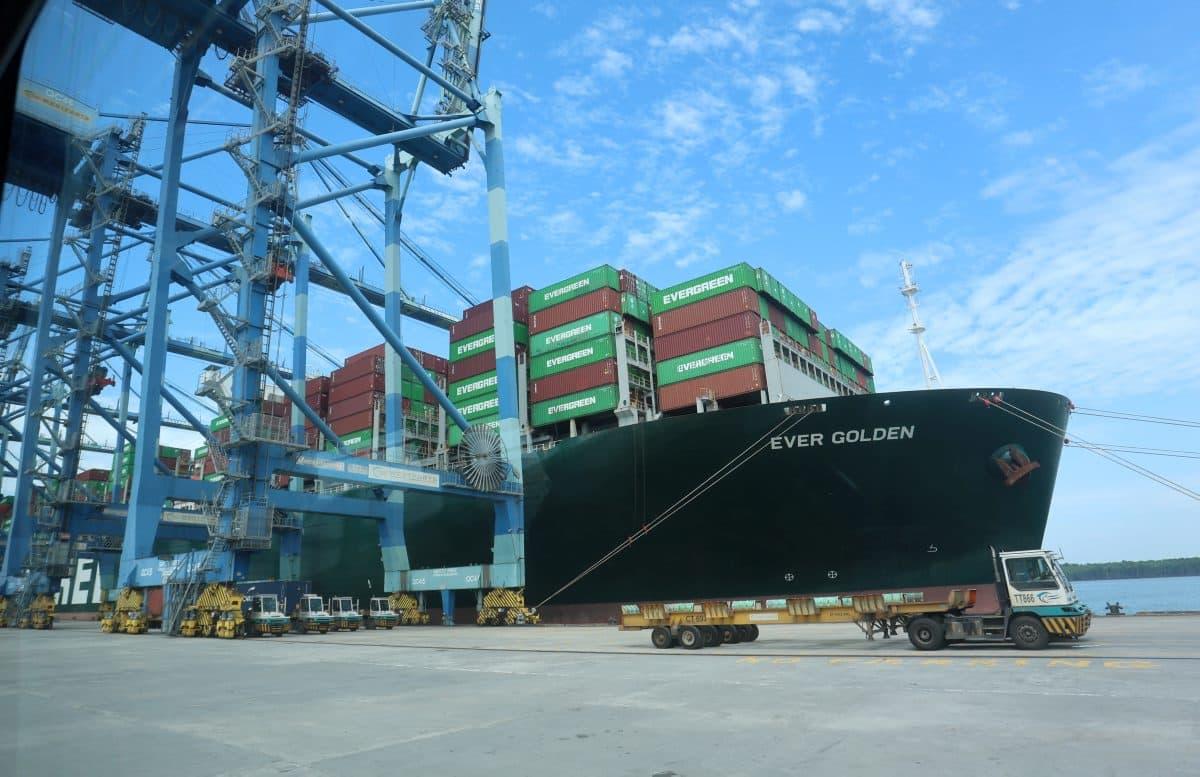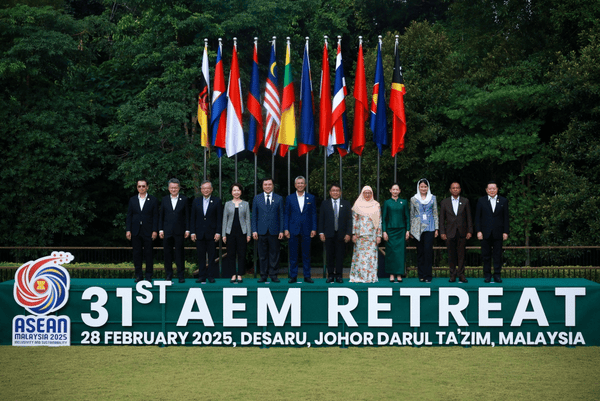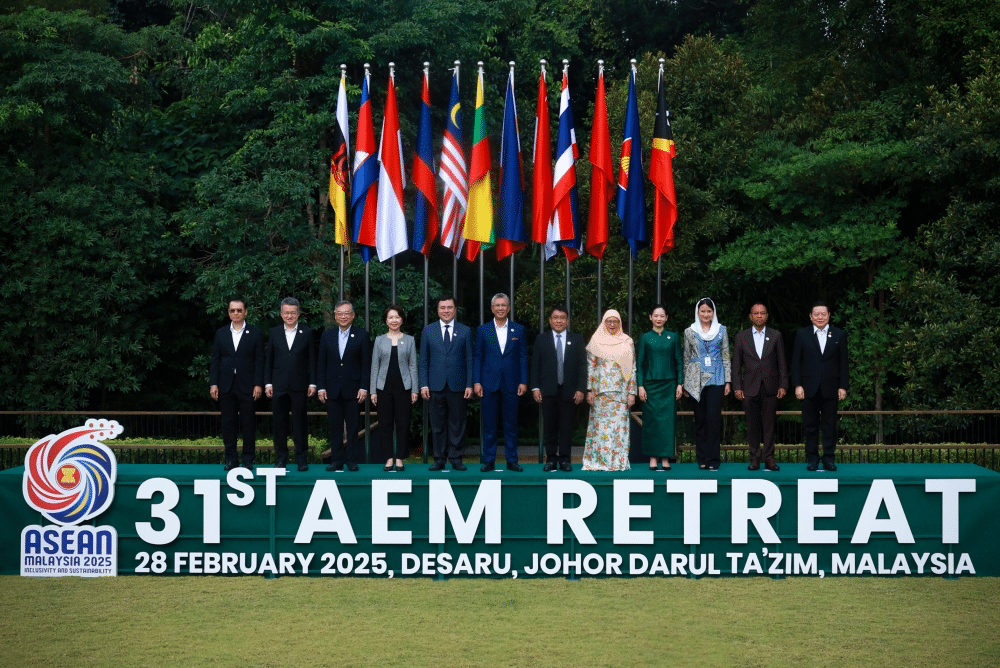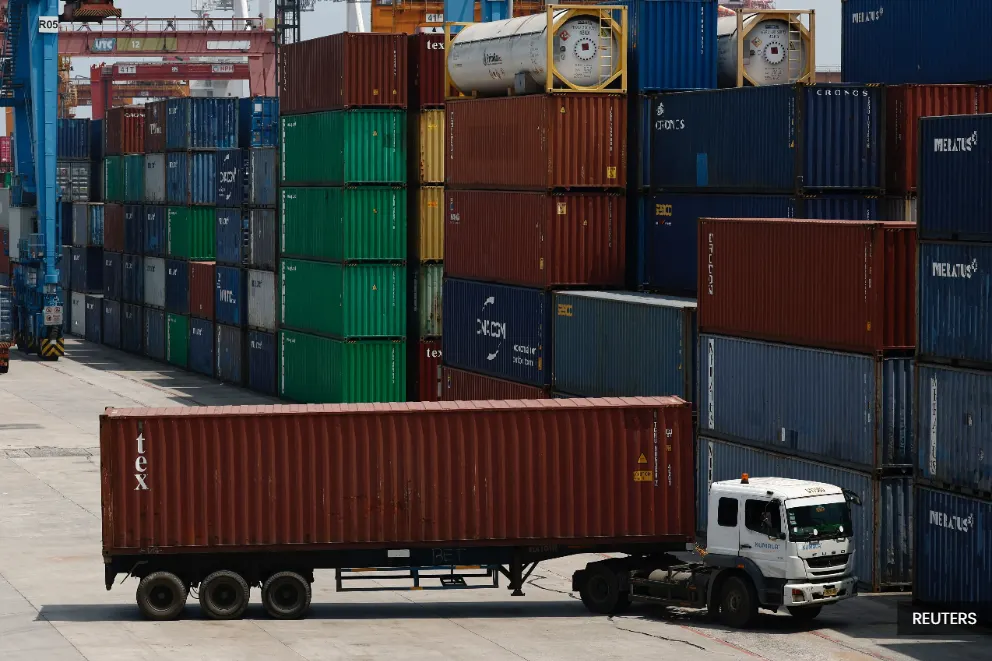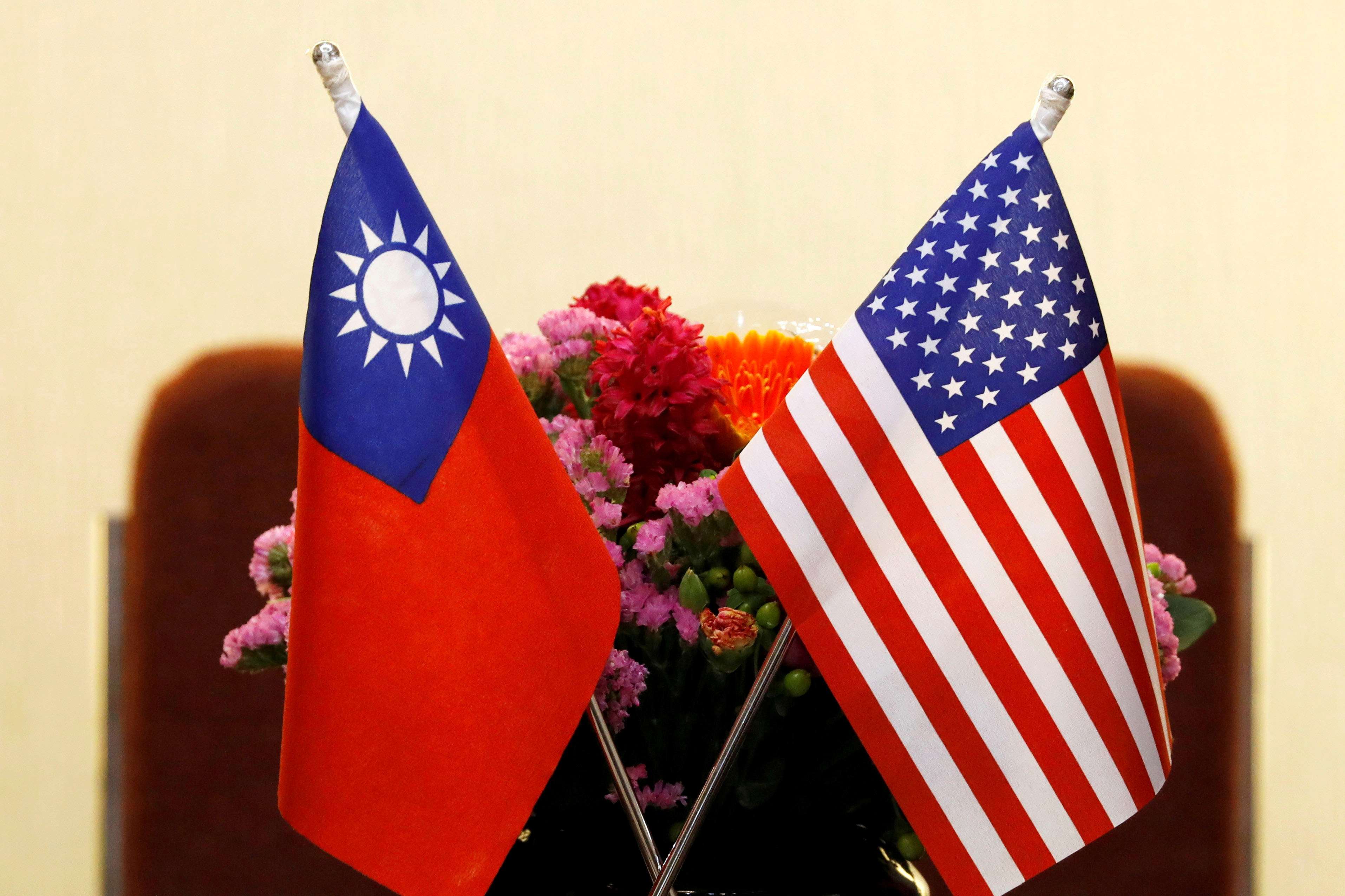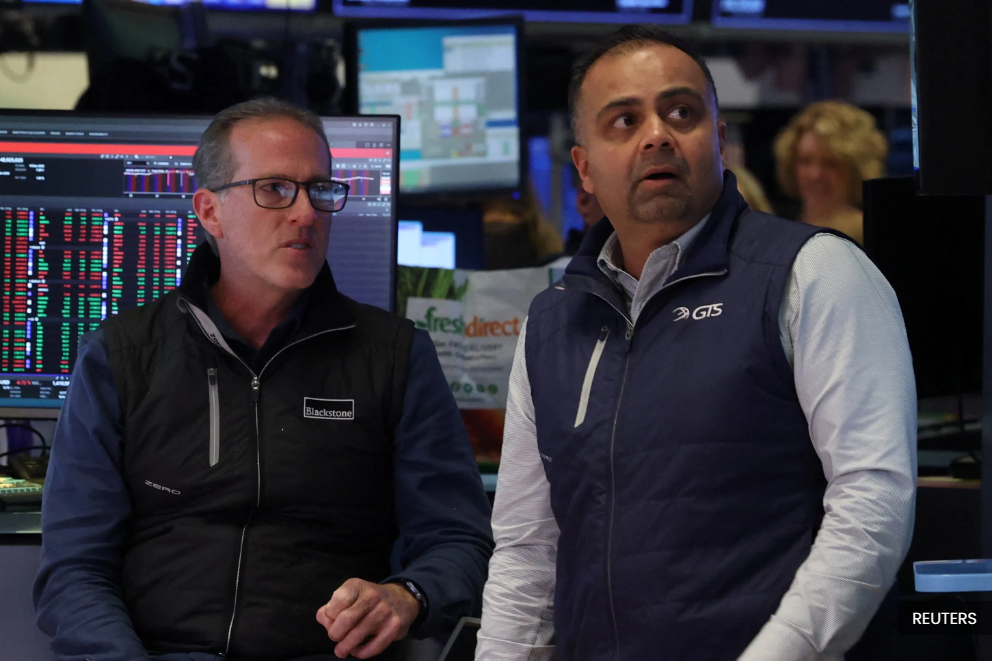KUALA LUMPUR, Sept 23 — Tomorrow’s meeting between Asean Economic Ministers (AEM) and United States (US) Trade Representative (USTR) Jamieson Greer is a pivotal opportunity for both sides to discuss new areas of economic cooperation, notwithstanding the trade tensions brought on by the US tariffs.
Southeast Asian ministers could, for instance, use the meeting to build greater trust as a reliable supply chain partner for Washington, especially in strategic sectors like semiconductors, electronics, and services, said KSI Strategic Institute for Asia Pacific economic advisor Anthony Dass.
He said the region’s diversified supply base makes it well-placed to attract new investment flows from American companies seeking stable, long-term partners.
The Asean-USTR meeting, which is part of the 57th Asean Economic Ministers' Meeting (AEM) and Related Meetings, could focus on opportunities for the region to strengthen the grouping’s role in global trade.
Urging member states not to be dispirited by the tariffs, Dass told Bernama that Asean is well-placed to boost its competitiveness by exploiting its potential to the fullest and emerging as a key destination for trade and investments, both regionally and globally.
“Rather than viewing protectionism solely as a barrier, Asean can leverage this shift to deepen its trade and investment links with the US, especially in areas where both sides’ interests converge,” he said.
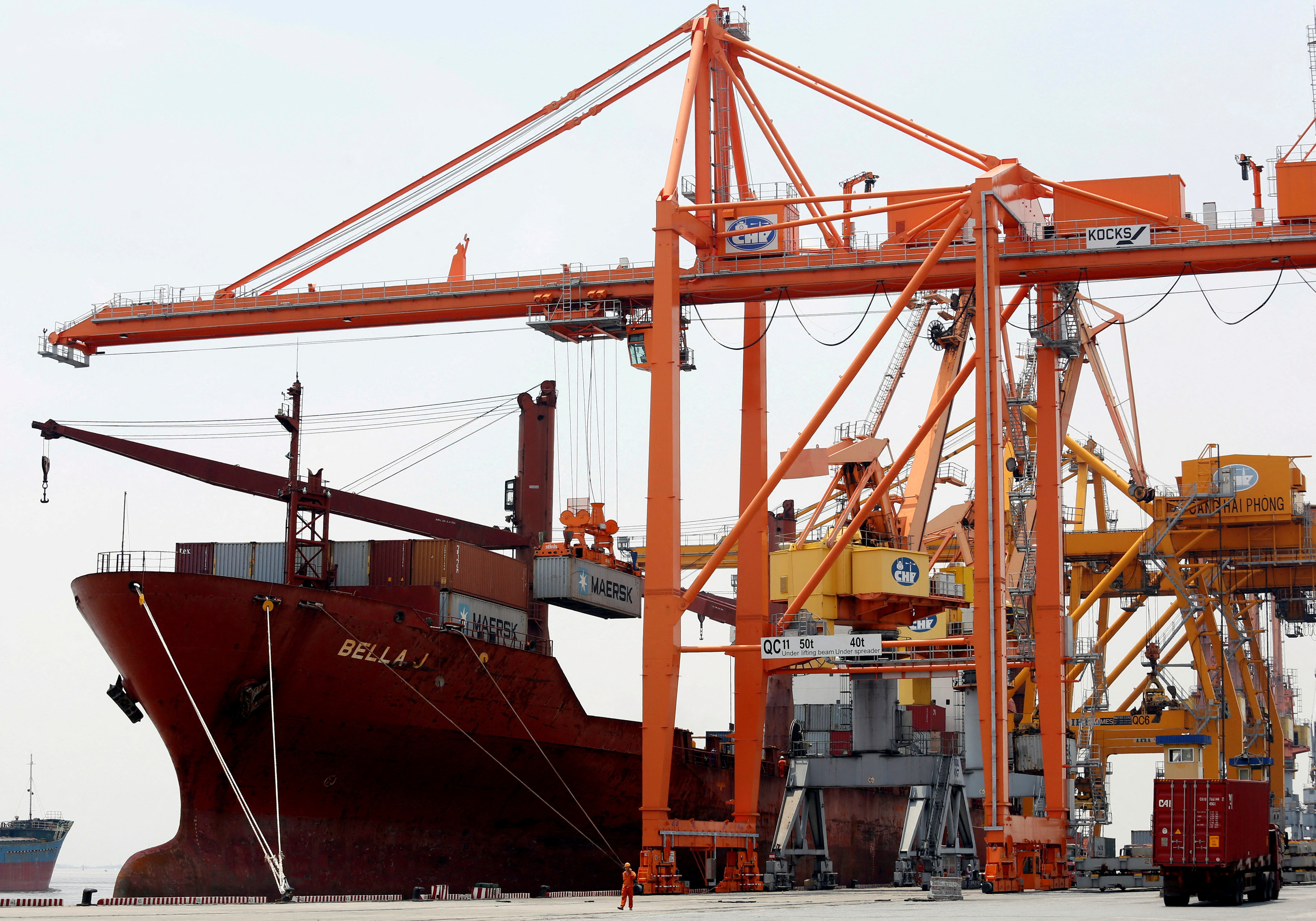
Strengthening Asean's supply chain resilience
Dass added that Asean countries could maintain their growth momentum through sustained domestic demand in the event of weaker external trade, provided that policies focus on shielding households and supporting investment without stoking inflation.
Governments can also provide time-bound cash transfers and targeted food and energy assistance, while expediting productive infrastructure projects to attract private capital.
Meanwhile, monetary policy easing should be pursued cautiously, contingent on manageable inflationary pressures and foreign exchange risks.
“Quick demand boosters include tourism recovery, support for small and medium enterprises, credit guarantees, housing construction, and skills programmes tied to new foreign direct investment — all targeted, temporary, and transparently managed to sustain growth even if exports falter," he said.
Meanwhile, Doris Liew, an economist specialising in Southeast Asian development, said long-term resilience requires raising productivity through automation and research and development, targeted human capital investment to deepen skill pools in high-value industries, and strengthening supply chain integration to reduce vulnerability to external shocks.
Despite tariffs, she noted that Malaysia has the incentives to sustain constructive US relations.
"Semiconductors remain the cornerstone as Malaysia is entrenched in assembly, testing and downstream processing, making Malaysia a useful partner for US firms seeking to diversify away from China," Liew said.

Asean exporters restructure trade amid US tariff shifts
UniKL Business School economic analyst and associate professor Aimi Zulhazmi Abdul Rashid said tariff changes have pushed Asean countries — particularly major traders like Singapore, Thailand, Malaysia, and Vietnam — to restructure external trade and reduce reliance on the US market.
Further diversification to boost trade with key partners in East Asia and the European Union (EU) could take time, likely the rest of this year, as exporters adjust their positions in the global supply chain.
He said that Asean countries’ roles in the various industries' supply chain would be strengthened further through collaborations within Asean and other trade blocs.
Malaysia’s trade numbers in August were positive despite the 19 per cent tariff imposed by the US.
Despite a reduction of trade with the US, the nation's ability to diversify markets and leverage the momentum of key markets in East Asia led to the country recording a trade surplus of more than RM16.1 billion last month.
"Furthermore, the US’ decision to impose tariffs on China has been postponed for another three months from August, so businesses are closely watching developments and adjusting their global supply chain strategies,” Aimi said.
